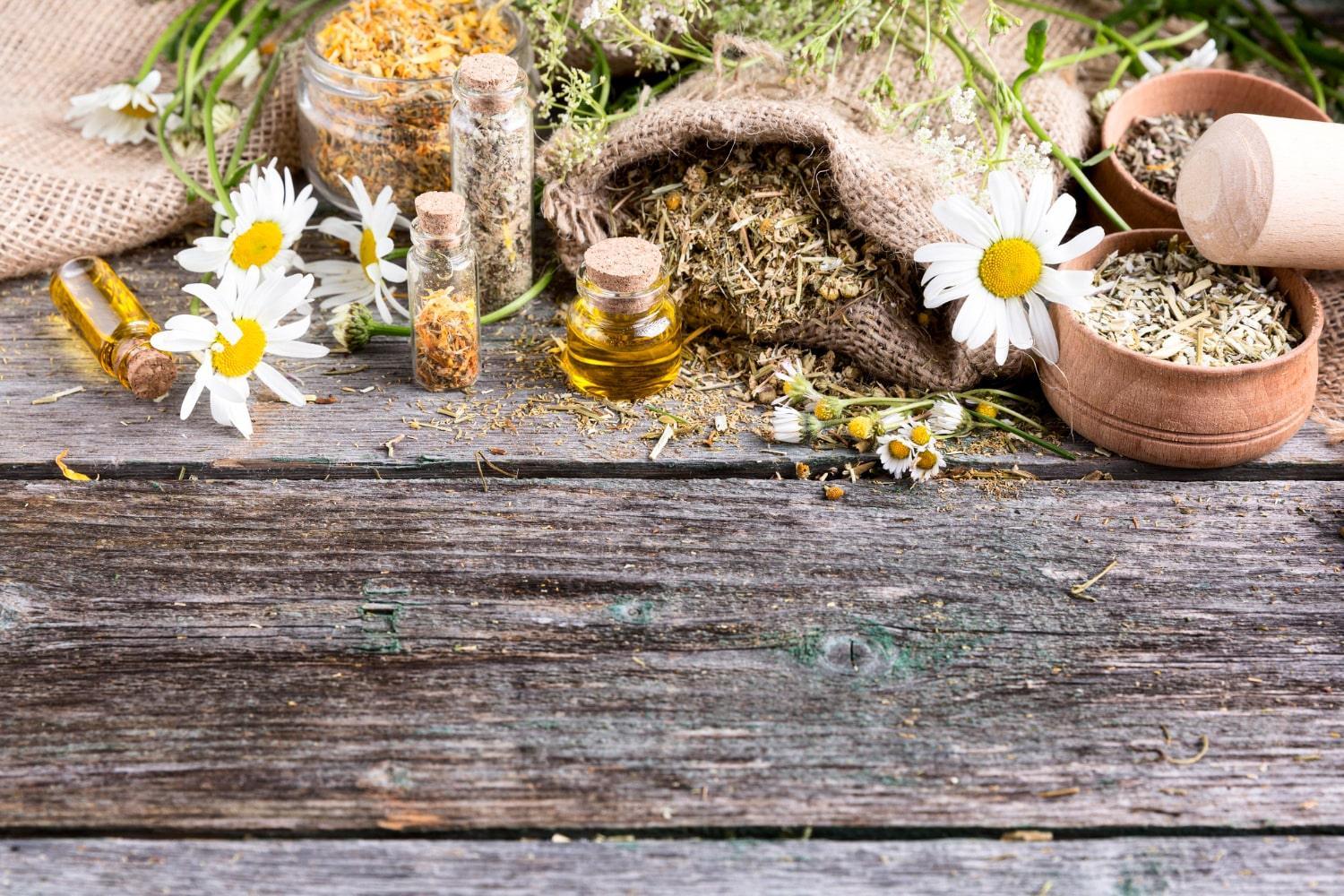Bladder leaks can feel like a secret you’re carrying alone, a burden that weighs you down. But you’re not alone. Millions of women experience this issue, and it’s time to talk about it openly. If you’re ready to reclaim your confidence and stop bladder leaks for good, you’re in the right place.
Contents
Understanding Bladder Leaks
Bladder leaks, also known as urinary incontinence, occur when you lose control over your bladder. This can happen during sneezing, laughing, exercising, or even if you feel a sudden urge. While it might feel embarrassing, it’s crucial to understand that this is a common issue, not a personal flaw. Addressing bladder leaks isn’t just about comfort; it’s about embracing life fully, without fear or hesitation.
So, why does this matter? Because your life is precious. You deserve to enjoy every moment without worrying about leaks. Let’s dive into seven simple tips that can help you stop bladder leaks for good.
1. Strengthen Your Pelvic Floor
Your pelvic floor is a group of muscles that support your bladder, uterus, and bowels. Strengthening these muscles can significantly reduce bladder leaks.
Kegel exercises are a fantastic way to get started. Here’s how you can do them:
- Identify the right muscles: To find your pelvic floor muscles, try stopping your urine mid-flow. The muscles you engage are the ones you want to strengthen.
- Practice: Tighten these muscles for five seconds, then relax for five seconds. Aim for 10 to 15 repetitions, three times a day.
Consistency is key! Over time, you’ll notice improvements in your control.
2. Maintain a Healthy Weight
Excess weight can put pressure on your bladder, leading to leaks. Losing even a small amount of weight can make a significant difference. Not only will it help with bladder control, but it also improves your overall health.
- Focus on a balanced diet rich in fruits, vegetables, whole grains, and lean proteins.
- Incorporate regular exercise to help you shed those extra pounds.
Every step you take toward a healthier weight is a step toward bladder health.
3. Watch Your Fluid Intake
What you drink matters just as much as how much you drink. Certain beverages can irritate your bladder and increase the likelihood of leaks.
- Limit caffeine: Coffee, tea, and sodas can stimulate your bladder. Opt for herbal teas or water instead.
- Cut back on alcohol: Alcohol can lead to dehydration and bladder irritation.
- Stay hydrated: While cutting certain drinks is important, staying hydrated is essential. Aim for about 8 glasses of water a day, but adjust based on your activity level.
Finding the right balance will help you manage bladder leaks more effectively.
4. Avoid Bladder Irritants
Certain foods and drinks can irritate your bladder. Familiarizing yourself with these irritants can help you make better choices:
- Spicy foods
- Citrus fruits
- Tomatoes
- Artificial sweeteners
Keep a food diary to identify any patterns between what you eat and your bladder symptoms. Making small adjustments could lead to big improvements.
5. Timed Voiding
Timed voiding is a practical approach to regain control over your bladder. It involves scheduling bathroom breaks to train your bladder and reduce incidents of leaks.
- Start by going to the bathroom every two to three hours, even if you don’t feel the urge.
- Gradually extend the time between bathroom visits as you gain confidence and control.
This technique helps reinforce bladder habits and reduces unexpected leaks.
6. Practice Relaxation Techniques
Stress and anxiety can exacerbate bladder issues. Learning to relax can help manage your symptoms.
- Try deep breathing exercises or meditation to find your calm.
- Incorporate yoga or gentle stretching into your routine. These practices not only reduce stress but also strengthen your pelvic muscles.
Prioritizing your mental health is just as important as taking care of your body.
7. Seek Professional Help
If your bladder leaks persist despite making lifestyle changes, don’t hesitate to seek professional advice. A healthcare provider can offer personalized strategies, including:
- Physical therapy: Specialized pelvic floor therapy can be incredibly effective.
- Medications: There are options available that may help manage your symptoms.
- Surgery: In severe cases, surgical interventions can provide lasting solutions.
Don’t suffer in silence. You deserve support, and there are professionals ready to help you navigate this journey.
Bottom Line
You have the power to stop bladder leaks for good. From strengthening your pelvic floor to making dietary adjustments, every small change can lead to significant results. Remember, you’re not alone in this journey. Reach out for help, and embrace the steps you can take to reclaim your life.
Frequently Asked Questions
1. Are bladder leaks a normal part of aging?
While bladder leaks can become more common with age, they are not a normal part of aging. Many women experience improvements with lifestyle changes or medical interventions.
2. Can bladder leaks be cured?
In many cases, bladder leaks can be managed or improved significantly through lifestyle changes, exercises, and professional help.
3. When should I see a doctor?
If your bladder leaks are impacting your quality of life or you notice sudden changes, it’s important to consult a healthcare professional.
You have the strength to tackle this issue head-on. Start today, and take the first step toward a leak-free life!
Get Your FREE Natural Health Guide!
Subscribe now and receive our exclusive ebook packed with natural health tips, practical wellness advice, and easy lifestyle changes, delivered straight to your inbox.






